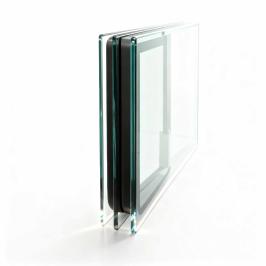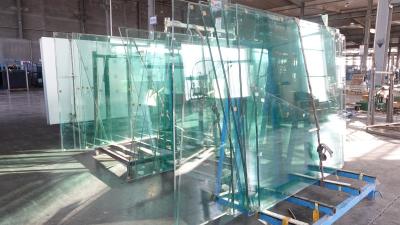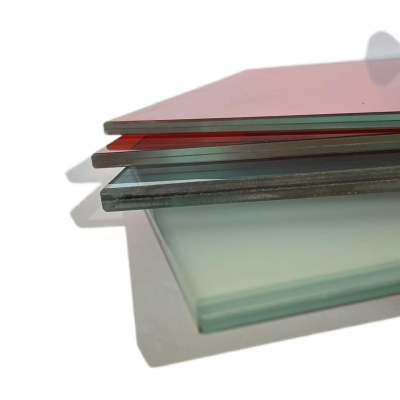What Are Insulated Glass Units (IGUs)? A Complete Guide
What Are Insulated Glass Units (IGUs)? A Complete Guide
If you're looking to upgrade your windows for better energy efficiency and comfort, you've likely come across the term "Insulated Glass Units" or "double glazing." But what exactly are they, and why are they considered a superior choice for modern homes? This comprehensive guide will explain everything you need to know.
How Does an Insulated Glass Unit Work?
At its core, an Insulated Glass Unit (IGU) is a window system made of two or more panes of glassseparated by a spacer bar and sealed together. The sealed space between the panes is crucial—it's typically filled with air or an inert gas like Argon or Krypton.
The magic of an IGU lies in this sealed air/gas cavity. It creates a powerful barrier against heat transfer. Here’s a simple breakdown of the science:
Thermal Insulation:The gas fill and the gap itself are poor conductors of heat. In winter, it helps keep the warm air inside your home from escaping through the windows. In summer, it blocks the outdoor heat from entering.
Reduced Condensation:Because the inner pane of glass stays closer to the room temperature, condensation (fogging) on the inside of your windows is significantly reduced.
Key Components of an Insulated Glass Unit
To fully understand IGUs, let's look at their essential parts:
Glass Panes:Typically two panes of glass, but triple-glazed units with three panes offer even higher performance. The glass can be of different types (e.g., Low-E glass) for enhanced efficiency.
Spacer Bar:This material separates the glass panes and maintains a consistent gap (from 6mm to 20mm). Modern spacers are often made from "warm edge" materials like stainless steel or composite polymers to minimize heat loss at the window's edge.
Desiccant:The spacer bar contains a desiccant (a drying agent) that absorbs any trace moisture trapped inside the unit during manufacturing. This prevents internal fogging.
Gas Fill:The space is filled with an inert gas like Argon, which is denser than air and provides better thermal insulation.
Primary and Secondary Sealant:Two layers of sealant create an airtight and watertight bond, ensuring the unit's longevity and integrity.
Top 5 Benefits of Choosing Insulated Glass
Switching to windows with IGUs offers a multitude of advantages:
Significant Energy Savings:By reducing heat loss in winter and heat gain in summer, your HVAC system doesn't have to work as hard. This leads to lower energy bills.
Enhanced Comfort:IGUs eliminate cold drafts near windows and create a more consistent, comfortable indoor temperature year-round.
Superior Noise Reduction:The multiple layers of glass and the air gap act as a sound barrier, making your home noticeably quieter, especially if you live near a busy street or airport.
Reduced Condensation:As mentioned, the interior glass surface stays warmer, which minimizes condensation and the potential for mold growth.
Increased Property Value:Energy-efficient windows are a major selling point and can increase the resale value of your home.
Are Insulated Glass Units Right for You?
In short, yes, for almost everyone. Whether you are building a new home or replacing old, drafty windows, IGUs are the standard for energy efficiency. The initial investment is quickly offset by long-term savings on utility bills and improved home comfort.
Ready to explore your options?The next step is to understand the different specifications, such as gas fills and glass coatings. In our next article, we dive deeper into the key benefits of double-glazed windows.



































































































































































































